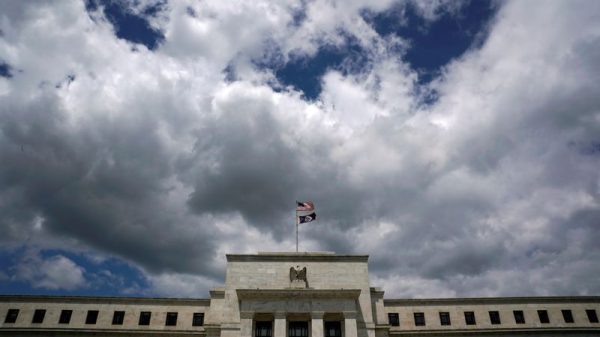Coinbase, a prominent cryptocurrency exchange, is challenging the U.S. Securities and Exchange Commission’s (SEC) broad definition of securities in a new court filing. The filing claims that the SEC has been too expansive in its definition of securities in its attempt to regulate digital assets.
Coinbase argues that the SEC’s approach to regulating cryptocurrency is too burdensome and could “stifle innovation and hinder fair competition.” The filing alleges that by treating digital securities the same as traditional investment instruments, the SEC is imposing “onerous regulatory requirements on activities that may have nothing to do with providing investors with an investment opportunity.”
Coinbase’s court filing comes after the exchange was sued by the SEC for failing to register as a broker-dealer and for listing digital assets without registering them as securities. The filing argues that the SEC’s definition of a “security” is overly broad, and that Coinbase should only be required to register as a broker-dealer if it is offering securities in traditional investments.
The filing also suggests that the SEC should promote the uptake of blockchain technology by creating a more “flexible” regulatory framework for digital assets. Coinbase argues that this flexible framework should be applied on a case-by-case basis and should be based on the “specific attributes” of the digital asset being offered.
This court filing comes after a number of other exchanges have recently raised similar concerns about the SEC’s strict approach to regulating digital assets. While the outcome of this particular case will be interesting to watch, the general sentiment from the cryptocurrency industry is that the regulatory environment for digital assets needs to be more flexible in order to allow for innovation.
























